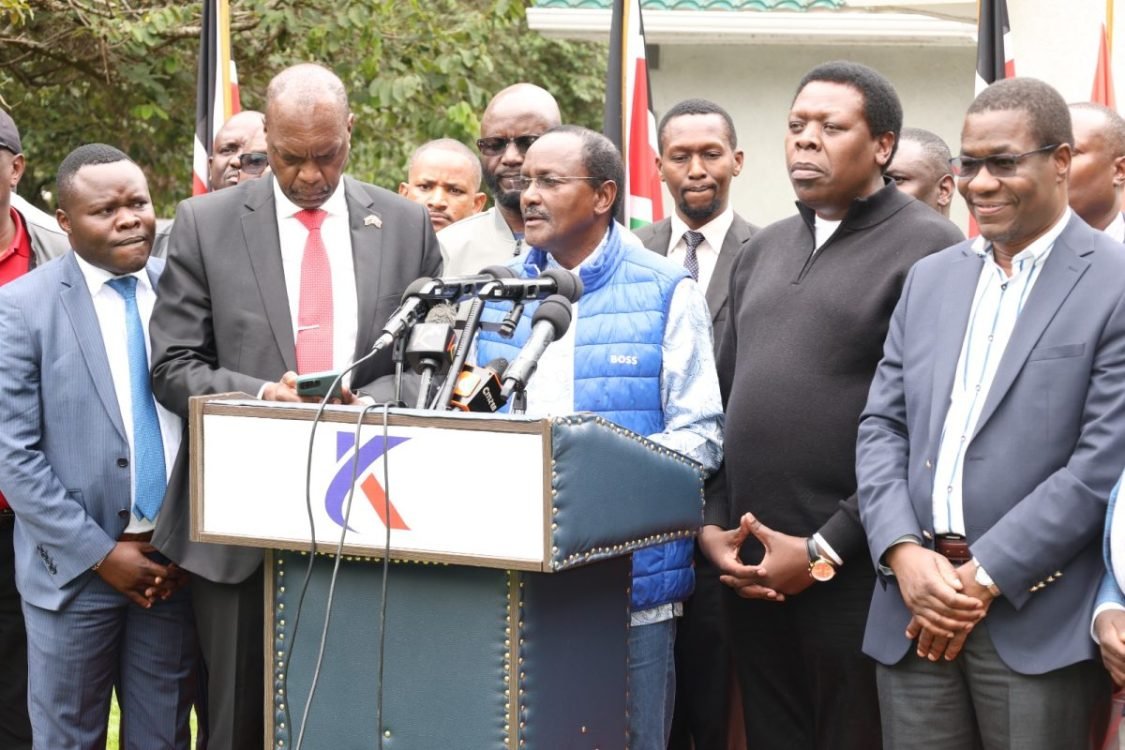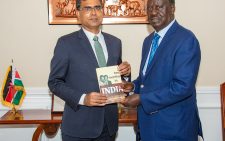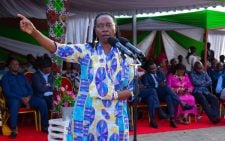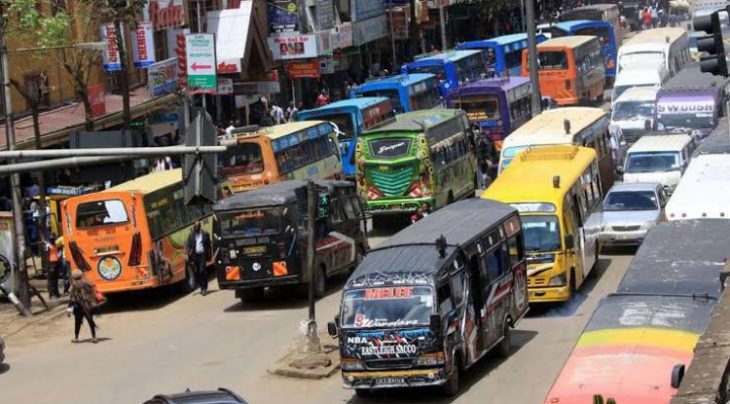Build political coalitions on principles

The 2010 Constitution ushered in a new political dispensation and the regulation of political parties through an act of parliament.
Although the 2011 Political Parties Act has been amended almost every electioneering period due to vested interests, one thing it did was to allow the formation of pre-coalition and post-coalition of parties for the purpose of forming a government.
While party coalitions, alliances and mergers have been a permanent feature in Kenya since the advent of multiparty politics in 1991, it was only after 2010 that the constitutional and legal framework underpinning coalition formation was enacted.
Before 2010, lack of clear legal provisions governing political parties, party alliance and coalition formation led to parties coming up with ‘innovative ways’ of securing an electoral advantage. A common feature during this period was the formation of inter-ethnic and geographical alliances that were geared to winning elections.
Section 10 of the Political Parties Act states that two or more political parties may form a coalition before or after an election and shall deposit the coalition agreement with the registrar of parties, and a coalition agreement entered into before an election shall be deposited with the registrar at least three months before that election.
Section 10 (3) of the same legislation provides that a coalition agreement entered into after an election shall be deposited with the registrar within 21 days of the signing of the coalition agreement.
After previously trying to unseat President Daniel Arap Moi from power, in preparation for the 2002 elections, Mwai Kibaki, Kijana Wamalwa and Charity Ngilu agreed to come together and formed the National Alliance of Kenya that brought together the Democratic Party, Ford Kenya and the Social Democratic Party.
The lessons learnt by opposition parties from the 1992 and 1997 general elections underpinned preparations for the 2002 elections. The reality that a fragmented opposition could not win against a well-established and entrenched incumbent party that had been in power since independence became apparent to opposition parties and compelled them to initiate talks for a potential alliance.
Opposition chief Raila Odinga, the then leader of the Liberal Democratic Party, would later join them. Together, they formed the National Alliance of Rainbow Coalition (NARC), which won the December 27 presidential polls.
Since the 2002 general election, Kenyan politicians have realised that political parties that are serious about winning a national election or referendum and forming a government have no option but to make a broad-based electoral pact and form parliamentary and governmental coalitions.
Since then, coalitions have been used by political parties to ascend to power. In the 2013 presidential elections, Uhuru Kenyatta’s The National Alliance teamed up with William Ruto’s United Republican Party, while Raila teamed up with Kalonzo Musyoka and Moses Wetangula to form the Coalition of Reforms and Democracy (CORD).
Another alliance that emerged shortly before the 2013 elections was the Eagle Coalition, headed by Peter Kenneth. In those elections, the Jubilee Coalition, headed by Kenyatta and William Ruto, emerged victorious with slightly more than 6.7 million votes and also won the majority of National Assembly and Senate seats. CORD emerged second with more than 5.3 million votes. The coalition also won the majority of gubernatorial seats – 24 of 47. Musalia Mudavadi’s Amani Coalition came third, with 483 981 votes.
But one thing is common in the formation of all these coalitions. None of them has lived beyond the next elections. This is because they are merely vehicles to ascend to power. Once done, coalitions die a natural death, thanks to our ‘stomach’ politics.
The 2027 polls are beckoning and political players are already seeking to form broader coalitions to help them ascend to power. Going forward, this must be guided by some political principles. It is high time coalitions are formed for posterity.
— The writer is the Chairman of the Political Journalists Association of Kenya (PJAK)















